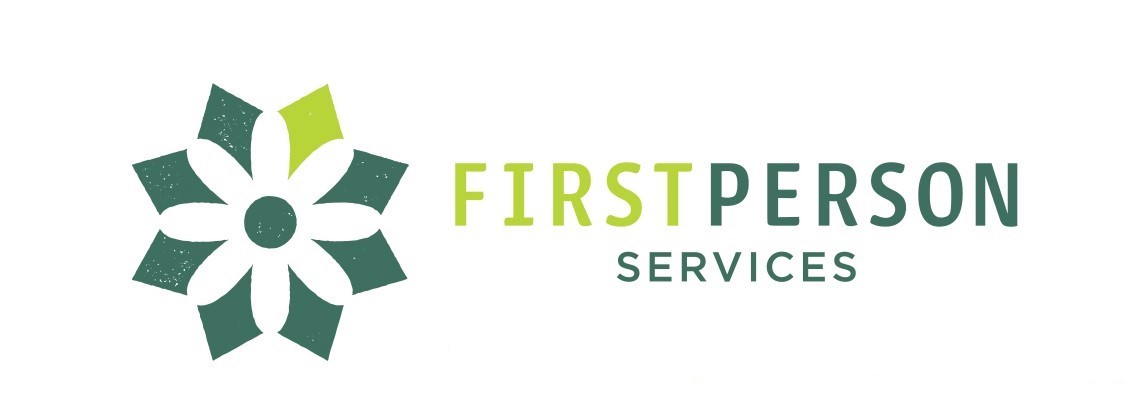What is covered in the 2-Day Introductory Workshop?
Day One:
The focus of this day is on learning person centered thinking skills that support choice while addressing issues of health and safety. Using a series of stories participants will learn how to:
- Strike a balance between what is important to and what is important for each person supported;
- Clearly describe the roles and responsibilities of staff in implementing plans;
- Evaluate their own efforts by looking at what is and is not working within the lives of those supported; and
- Lead change within their organizations by creating optimistic discontent.
Day Two:
The focus of this day is to practice mindful listening and using the information in describing what is important to each person and how to best support them.
- Participants will apply and enhance their person centered thinking skills through a series of guided exercises.
- Participants will learn skills that they will be able to use on an everyday basis when providing person centered services and developing person centered plans.
- Participants will see how to grow plans over time by using “learning logs” and structured questions as well as practicing the traditional approach of gathering and synthesizing information.
- At the end of the day participants will have a first plan that they have completed on themselves
I've registered for a workshop, but now I have a conflict and can't attend. What is your cancellation policy?
You must cancel 3 business days (before 5:00 p.m.) prior to the training event in order to receive a refund on your registration. A $15 administrative processing fee will be charged for all cancellations. No refunds for cancellations made after the cancellation deadline or for no-shows. Substitutions will be taken until the conference begins at no additional charge. Please notify Firstperson Services of any name changes via email.
Does the Introduction to Person Centered Thinking workshop have to be a 2-Day event?
The introductory workshop covers 12-hours of material and can be arranged in different formats. This include the option of four 3-hour sessions that can be done in the evenings or half-days spread over a two week period.
What is the difference between Person Centered Thinking and Person Centered Planning?
Who should use Person Centered Thinking?
In order to create personalized services and support people of all abilities in having positive control over lives that they have chosen for themselves, person centered thinking principles and strategies must be reflected in policy and practice at the federal, state and agency levels. People who work at all of these levels as well as those who spend the most time with people who receive support should be familiar with person centered thinking tools and gain the experience of trying them out as both a practitioner and recipient in the context of a workshop or seminar.
